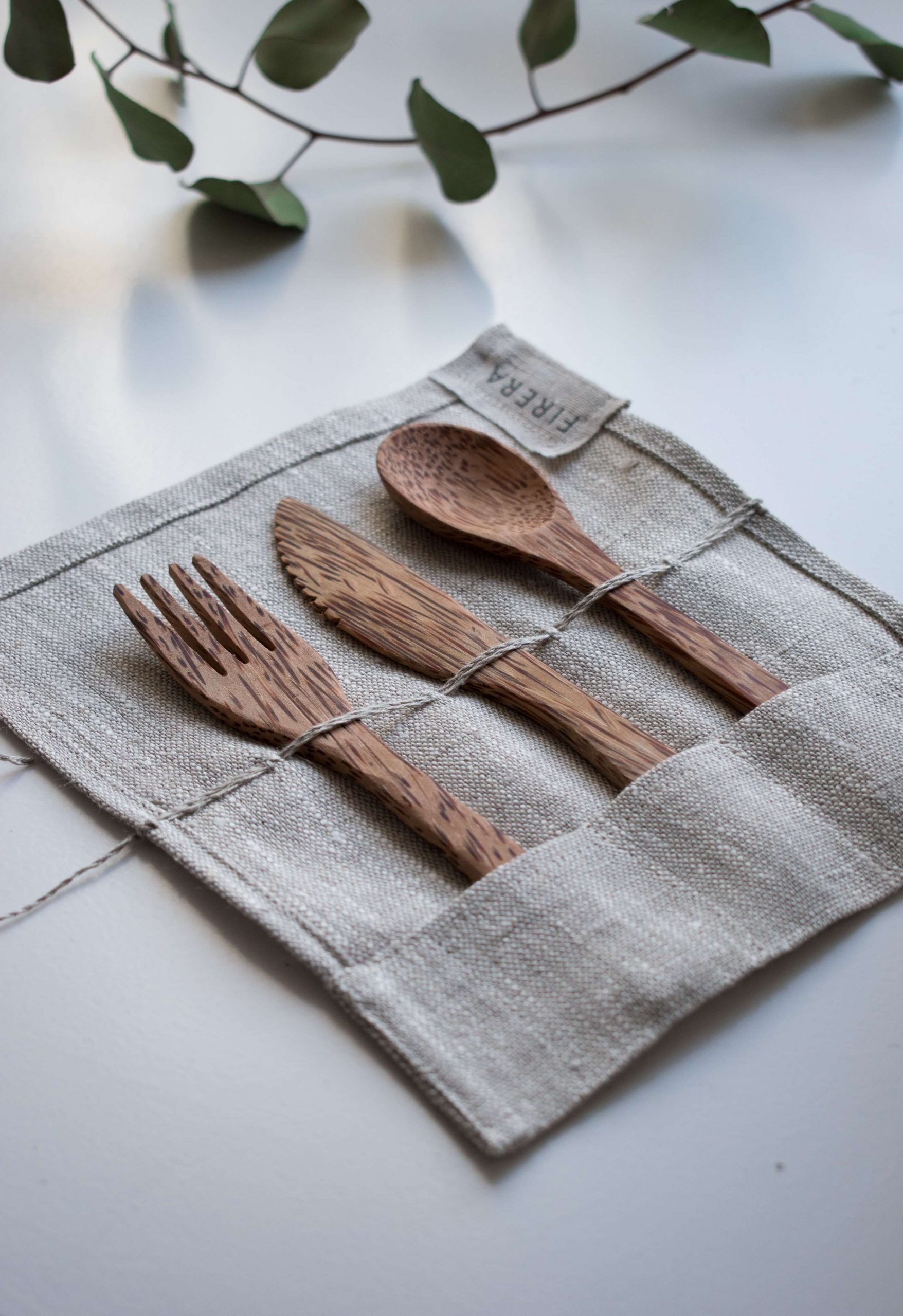
If you thought that the fun festivities of July had ended on Independence Day, let us introduce you to the “Plastic Free July” challenge. The global movement’s goal is to reduce plastic pollution, and it has inspired people from all across the world to reassess the ways in which they are contributing to the issue—and more importantly, how they can be a part of the solution.
A common theme among those who have joined the movement is that their kitchens are consistently proving to be the problem when it comes to excessive plastic use. If this describes your kitchen as well, here are some tips for how you can adopt a plastic-free kitchen this summer.
4) Cook with Non-Toxic Tools
Even if you intend to keep your kitchen tools for a while, the reality is that they will eventually become too worn for use and will end up in the trash. With so many of these items being plastic, they will go directly to our landfills and continue the cycle of unnecessary plastic pollution. Instead, opt for more environmentally-friendly products in the kitchen by investing in bamboo spatulas or cutting boards, as well as nontoxic silicone. These items will keep your kitchen plastic-free, and they’ll also avoid unwanted product toxins from becoming a part of your next meal.
3) Use Plastic-free Containers and Wrap for Food Storage
There are ways to take items to-go or preserve food for leftovers that won’t pollute your food or end up in landfills. Ditch the plastic bags for reusable storage containers, such as reusable silicone bags. Replace cling wrap with beeswax wraps to cover bowls, wrap sandwiches and snacks. Switching to reusable, eco-friendly food wraps will keep hundreds of plastic baggies and wraps out of the ocean. We recommend the Organic Wax Food Wrap by Bees4Seas. Not only are they a great alternative to plastic kitchen items, but they often end up preserving food for longer.
2) Set Your Table with Compostable Materials
We get it—sometimes paper or plastic dishware is easier to use when setting the table, especially if you’re hosting a party or are anticipating a larger number of guests than you typically accommodate. Glass tableware items offer more longevity and are ultimately the best option to use. However, there are other cheap alternatives that offer a happy medium between price, product amount, and being environmentally-friendly. The next time you’re hosting an event or backyard party, consider investing in compostable dishware that’s made from bamboo.
1) Skip Single-Use Plastic Bags for Grocery Shopping
Have you ever considered that the best way to maintain a plastic-free kitchen might not even take place in the kitchen? Plastic bag use is understandably most excessive every time you visit the grocery store. But it doesn’t have to be. The next time you step out to get groceries or pick up a few items from the store, consider packing some of your reusable cloth bags to carry your haul home. You’ll find that these bags not only help to limit plastic pollution, but they’re actually much more durable and comfortable than single-use plastic bags. Plus, with so many cute reusable bag options being sold these days, you’ll have the chance to own your next visit to the store by rocking a reusable bag that’s reflective of you and your style!
Keep up with all of Green Living’s content by visiting our website.
Kyley Warren is a freelance writer based in Phoenix, and the Assistant Editor of Green Living Magazine.






